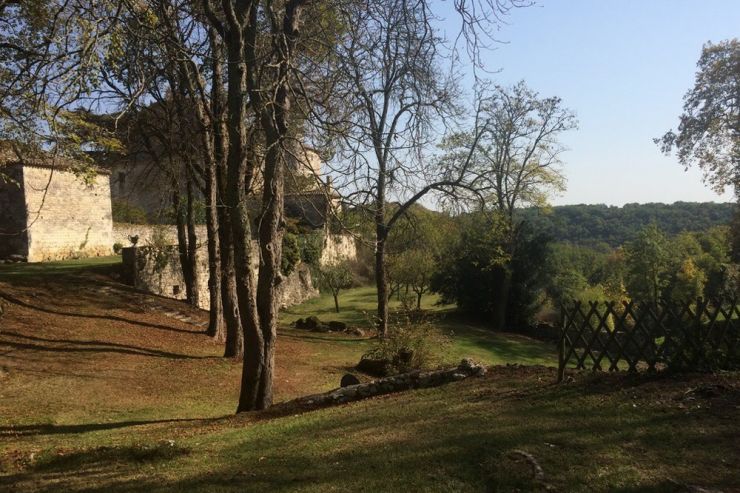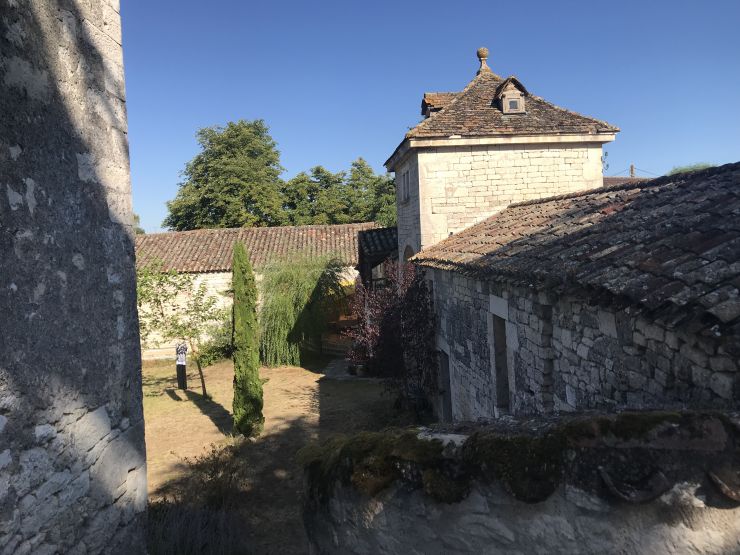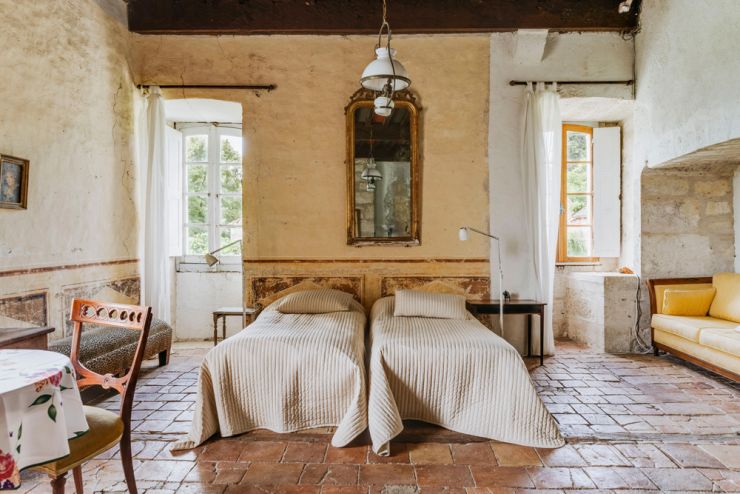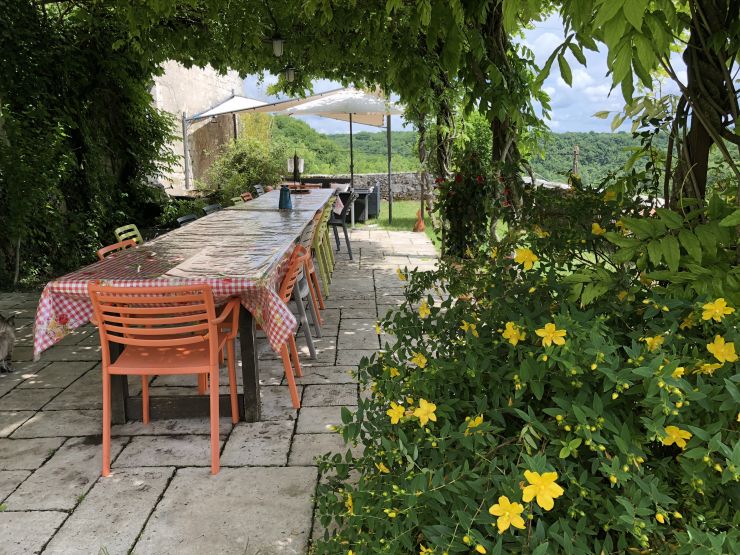
So what is it that makes such an emotional experience happen, that sense of being in touch with the essence of life? I haven’t got the answer, but it has something to do with the shared experience and understanding what the composer was trying to express. How does music speak to us? It is a mystery. In Metemorphosis Kafka writes of the protagnoist, Gregor, (a man transformed as an insect), hearing his sister play the violin and he is moved. He wonders how he could be a brute beast if music makes him feel like this. Proust, in In Search of Lost Time, writes of the beauty of the Vinteuil violin sonata and the way it can evoke memory. The main character, Swann, is reminded of his love for Odette. Nietzsche speaks of the importance of music, saying “without music, life would be a mistake.” Stephen Johnson, the music critic and author of How Shostakovich Changed My Mind, writes of moving from the I to the WE through music. Music brings us into the shared human condition. The concert I described above was at one of the French summer schools for piano I have attended, run by Paul Roberts, British concert pianist, writer and expert on French music. These schools have been an important part of my life over the last twenty-four years and are an important part of my musical journey.


What Music Means to Me
Dr. Linda Patterson OBE, FRSC
We were sitting in a lovely salon room in a château in southwest France. It was early evening, and the summer sun came in through the open window, with trees rustling outside. We had just heard a performance by Paul Roberts of Beethoven’s last piano sonata, Op 111. The music came to an end. There was absolute silence in the room which held for several minutes, a profound response to both the integrity of the performance and the music itself. The phrase “moved to tears” was very true. It was one of the most memorable musical moments I have ever experienced.

Each summer Paul brings together amateur pianists and professionals, conservatoire students , and piano teachers, to perform in masterclasses, to practice, to listen to recitals and to share their love of music, all helped along by the ambience of southwest France. Piano playing is usually very solitary. One practices alone, then plays in lessons for a teacher. Many amateur pianists do not often play in front of other people. It seems daunting, nerves get in the way and confidence is lost. The summer school gives one the opportunity to play in front of others in class and to take part in the final concert. This builds confidence, knowing that everyone is in the same boat and is sharing experiences over the week.
My own musical journey has been one of fits and starts. I learnt to play the piano at aged six, though I was not from a musical family. I was sent to the local teacher “down the road.” I then moved to a better teacher in the centre of Liverpool who was a post graduate piano student of Stephen Wearing (an accompanist to Kathleen Ferrier, the famous alto singer). I was certainly not very talented but I did practice. At the age of nine I was awarded a piano scholarship by the local municipal authority. This paid for my lessons with teachers on their list, and I was moved on to several teachers who were outstanding musicians. My parents could never have afforded their fees if I hadn’t had the scholarship. If one played a second instrument, one was encouraged to audition for the City of Liverpool Youth Orchestra. I played violin in the orchestra at the same time as Simon Rattle. He was a young boy at the time who played the tympani. I won a senior piano scholarship at the age of 14, so my lessons were paid for until I reached age 18. We had a weekly harmony and counterpoint class after school, as well. I did the Associated Board Grade exams, getting my grade eight when I was 17. Although we didn’t listen to music as a family, we had a record player and a boxed set of Readers Digest extracts from the classics, which I played constantly. I spent pocket money on cheap LPs of classical music and borrowed discs from the local library. My school had a pair of tickets for the concert series at the Liverpool Philharmonic, which I often used, though not many other girls seemed to want to go. I organized the music for the morning assembly, quite often playing the hymns, so a ticket to the concert was my reward. Music was a big part of my life growing up. However, I was never good enough to consider doing it professionally and instead I went to medical school. Whilst at university, I played in the orchestra, played a little piano, accompanying, or in the occasional concert, but I did not have lessons as I felt I couldn’t afford them.
When I started work I stopped playing altogether, due to moving around, long hours, and no access to a piano. The piano was very much on the back burner for over 15 years.
Then! - I bought an upright piano and decided to go back to lessons. That was very hard. I had to work very hard to achieve any sort of technical ability again, which was very frustrating. Fitting practice in after a long day’s work was very difficult. I was often exhausted, and even getting myself to lessons felt like a burden. Having a busy medical career whilst trying to improve on the piano seemed impossible. I was on the verge of giving up again, when a fellow pupil of my teacher suggested I join her on a French summer school.
So in 1995 I went to the summer school Music at Ladavie, an old château in southwest France near Cahors (the original venue of Paul Roberts's inspiring enterprise, which he had begun just four years earlier). It was a complete revelation. Taking part in the master classes was terrifying, but you realized everyone was in the same boat. There were two classes, one for the intermediate players (the amateurs) and one for the advanced class, which was mainly conservatoire students, but with some piano teachers and very gifted amateurs. I learnt that playing was not just about getting the right notes and being expressive. Touch and making the right sound was important, but equally important was conveying what the music was about. What was it trying to communicate? We learned how the structure helped that. There was the conundrum of keeping a steady pulse but playing with freedom, and keeping long lines and phrases going. Learning to have the courage to pick up the tempo and play louder was a challenge. Many amateur pianists play pieces too slowly and diffidently. I felt I could not play the piano, but I was blown away by the total experience: hearing other people work on their pieces and how everyone improves, always, and learning how to listen, really listen.
So, over the years, every summer I have made the trip to France to join in the musical piano community which has become a vibrant, life-affirming experience. I have heard the core piano repertoire, listening to others work in ways which would not normally be accessible to a non professional player. I have heard many recitals of a really high standard, and occasional profound moments when the music really touched me. It has remained difficult to keep up regular practice and lessons with a very busy medical practice and some leadership roles, sometimes working away from home. There is also the “burden of the amateur.” One’s musicality outstrips the technical ability.
Despite that, I have decided that I will only learn pieces I really want to play. I am now coming to the end of my working life, so I have more time, and more importantly energy, to play the piano. I still struggle with the discipline of absolutely regular practice but I am certainly playing more than I used to. As I have grown older I am drawn more to music which seems to be reflective, such as late Brahms, where you hear memory, maybe regret, then resignation; late Schubert, with the anguish of facing death but also joy and vibrancy; and Chopin, with his expressions of love and passion. Music expresses something of the human condition We share that with the composer and with other people who are listening. Emotions and insights which are not easily put into words can be expressed in music. Trying to define it is like trying to define beauty. It is impossible but you know what it is. My life would be poorer without music and I believe it brings me in touch with what it means to be human.
See information on Dr. Linda Patterson